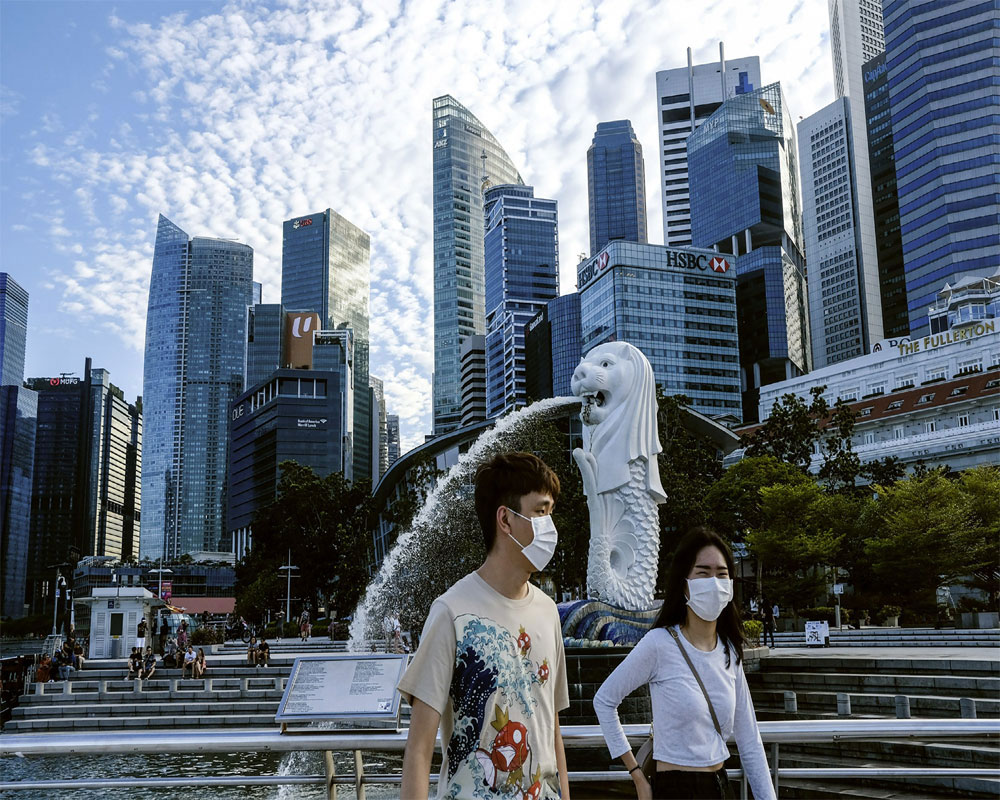SINGAPORE, April 14 (NNN-Bernama) — Immunitee, a Malaysian health passport public-blockchain based app, has successfully completed its first live passenger verification from KL International Airport to Singapore on April 10, using a paperless and secure blockchain-based electronic COVID-19 swab test digital result.
In partnership with Qualitas Medical Group, the passenger did his RT-PCR swab test at a Qualitas clinic, and had his results electronically stored directly onto the blockchain allowing his QR code in the Immunitee app to be successfully read and accepted by immigration in Singapore.
“Immunitee has successfully reached this crucial milestone. We believe that our strength lies in how we take data security and confidential information seriously,” said Immunitee chief executive officer, Datuk Dr Nick Boden, in a statement Wednesday.
He noted that the ‘new normal’ will require travellers to share sensitive personal data and confidential healthcare information with many different governments and authorities.
“And we feel Immunitee can be an important solution to help make users feel more comfortable and open up air travel bubbles faster,” said Boden.
Immunitee allows users to store Covid-19 swab test results on a public-blockchain, ensuring the highest form of data security, and preventing fraudulent test results from being used to board planes.
Through Immunitee’s network of partner laboratories and clinics in Malaysia and other ASEAN countries, and its authentication on Temasek-founded Affinidi’s universal verification system, a seamless, convenient and safe travel experience is now possible.
On Feb 10, Immunitee announced that it has partnered with Affinidi to become the country’s first health passport to be accepted in Singapore, via Affinidi’s Unifier digital credential platform.
“Our successful live Proof of Concept and the presence of Affinidi’s universal verification system at the Causeway, also means that Immunitee can play an important role in moving people in and out of Johor and into Singapore quickly and safely.
“Ultimately, we want to provide easily verifiable digital health credentials that are designed to give travellers a pleasant and hassle-free experience when travelling,” said Boden.
Paperless, digitally verifiable swab test results are becoming more crucial as the number of fake PDF copies of tests and vaccine certificates becomes increasingly more common and threatens to delay the opening up of air travel bubbles.
The combination of digital health passports and a solution to securely verify these digital health credentials adds another layer of security that prevents passengers, who do not comply with safe travel regulations, from travelling.
On its expansion plans, Boden said the company is currently working on expanding into other ASEAN countries, the United Kingdom and South Africa, to allow more people to safely store their healthcare information on the block chain.
“We are confident the other regional and international countries we are liaising with can easily and effectively adopt our solution to ensure easily verifiable data and hassle-free safe travel moving forward,” he said.
— NNN-BERNAMA






